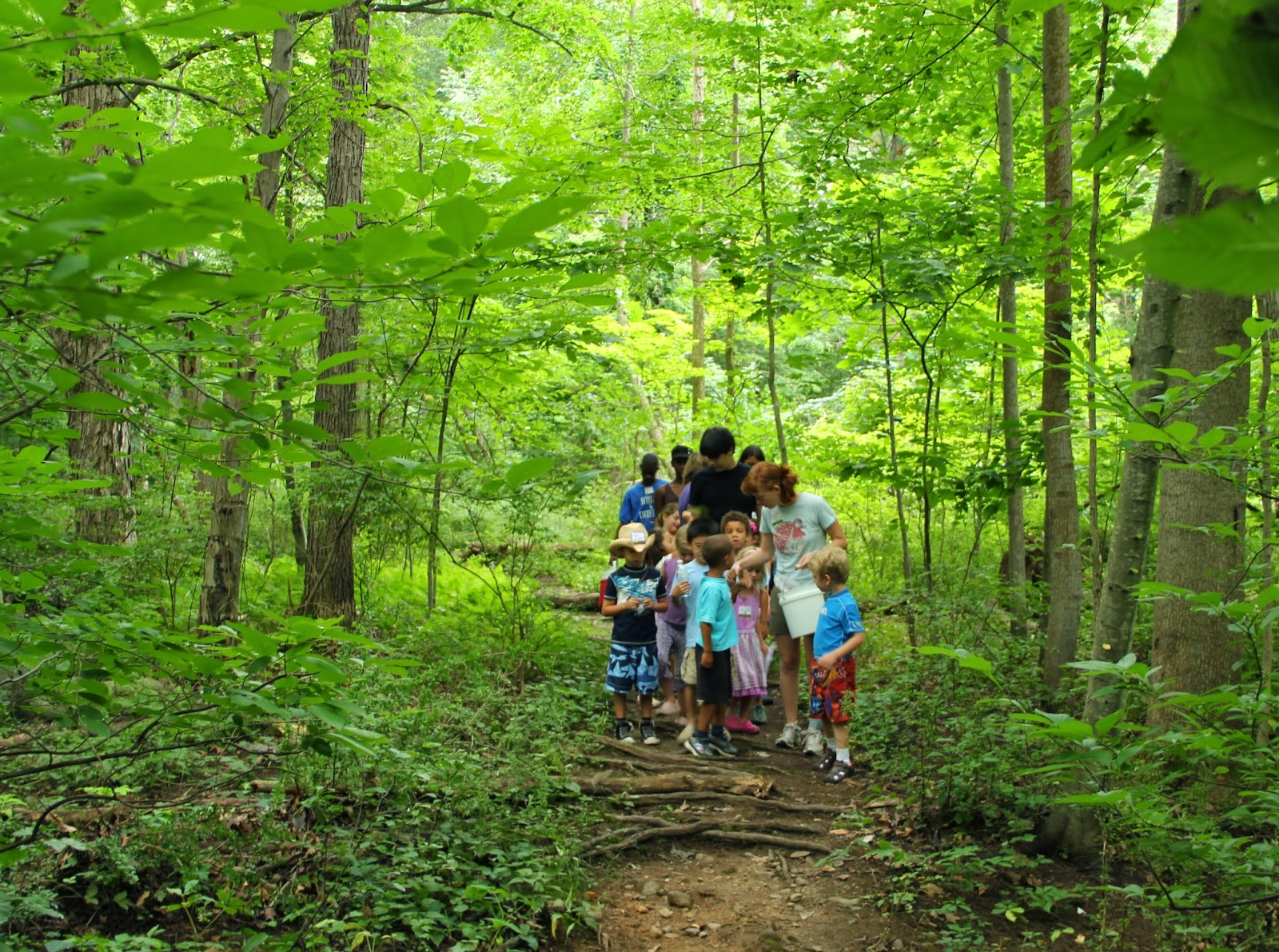"In effect, we are in a race between political tipping points and natural tipping points" (Brown, 243).
I agree with the text that in order for action to take place, people are more inclined to wait until resources reach their tipping point. The fine line between the political tipping point and nature's tipping point can be catastrophic if the issue goes unaddressed. Society should make a stronger effort to alleviate its negative impact on the environment before the effects become irreversible. If we tackle the major tasks of reducing our carbon footprint, seeking alternative energy technology, and eliminating fossil fuel consumption, we can begin to positively impact the Earth and its sensitive ecosystems.
Earth Charter
1. Respect and Care For the Community of Life
"Recognize that all beings are interdependent and every form of life has value regardless of its worth to human beings." This principle ties into the class discussion on which organisms are valuable to the Earth and which ones are not. Just because we can't visually observe the effect of one organism doesn't mean it lacks value to the surrounding environment. Also, the biodiversity pyramid that we observed several times throughout the semester illustrates how organisms are dependent upon one another in order to thrive and be successful in nature. As you go up the pyramid only 10% of the energy is obtained by the organism, 90% is recycled into the environment in the form of heat.
2. Ecological Integrity
"Reduce, reuse, and recycle materials used in production and consumption systems, and ensure that residual waste can be assimilated by ecological systems." This principle is related to Ch. 4 of Plan B and was discussed in the group presentations. LEED certification systems recognize buildings that are constructed with recycled materials and awards them levels of distinction based on a scoring system that accounts for energy consumption, transportation, construction materials, and energy efficient appliances. Ecological integrity holds everyone accountable for their actions towards the environment.
3. Social and Economic Justice
"Recognize the ignored, protect the vulnerable, serve those who suffer, and enable them to develop their capacities and to pursue their aspirations." This principle tied into my experience on our field trip to the Coalition for Immokalee Workers. That was one of my favorite trips this semester because it was such an eye opening experience to hear the stories about oppression and slavery taking place only 20 miles away from FGCU. This experience strengthened my knowledge of consumer buying power in relation to choosing organic or locally grown produce that benefits the workers instead of large corporations.
4. Democracy, Non-Violence, and Peace
"Treat all living beings with respect and consideration." This principle is related to in-class discussions as well as the Naples Preserve service learning project. Everything on Earth has a purpose for its existence. We may not understand the significance of every organism but when viewed at a larger scope it's clear that all living things should be respected. The Naples Preserve is home to various native plant and animal species that are present on the threatened or endangered species list. This organization strives to encourage community members to observe the beauty of Florida ecosystems. The location of the preserve is on the busy corner of U.S 41 and serves as example of how plants and animals can live in a protected environment within footsteps of urbanization.














